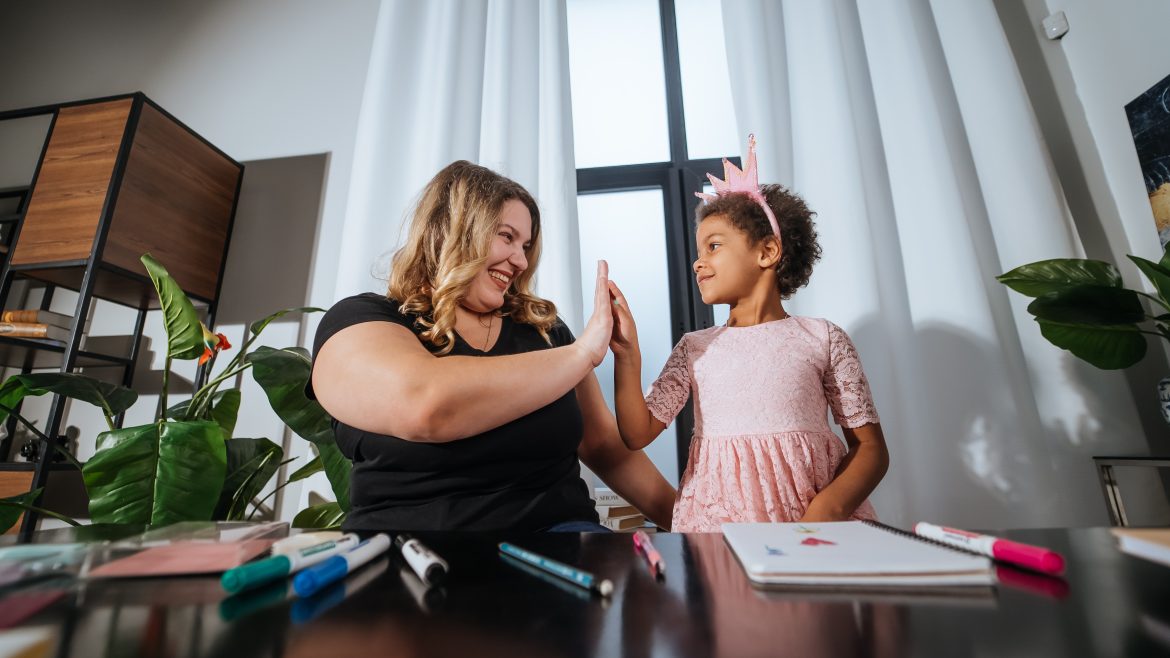Every child tests boundaries. They say “no” when you ask them to clean their room. They push back when you set a bedtime. They argue about what they can watch on TV or how much screen time they should get. This is a normal, even healthy, part of child development – learning where the limits are, asserting independence, and figuring out how to navigate rules and authority. But sometimes, defiance goes beyond typical childhood testing.…
read moreMiddle school is a period marked by rapid change. Students are navigating shifting peer dynamics, increasing academic expectations, greater independence, and the emotional intensity that often comes with early adolescence. Because of this, it is not unusual for middle schoolers to have days when they resist going to school or express frustration about the demands placed on them. Some level of reluctance is expected, but the line between typical avoidance and patterns that signal a…
read moreTrusting your child to a therapist can be very emotionally difficult. Parents are used to being the ones that are there to support their kids, and it’s often hard to hand off that responsibility to a therapist – a 3rd party that is here to help your child at their most vulnerable time. That’s why the process to choose a therapist is so important. It’s so much more than just “credentials” or even experience, though…
read moreIt’s back to school season. Now is a great time to really think about whether we’re teaching our kids the tools they need to thrive in school. One such example of this the child’s relationship with social media. As adults, many of us are growing to understand the way that social media affects our mental health. Yet we don’t always show that to our kids. Let’s first talk a bit more about social media and…
read moreIn the past, the way that people spoke about therapy and counseling was like it is a last resort, rather than something people can do proactively to better their mental health. That has thankfully been changing, especially for adults, who are now understanding that therapy can be a very effective form of self-care. Still, when it comes to children, many of these same beliefs persist. Many people see the idea of sending their child to…
read moreRight now, many teens are graduating from high school and getting ready to go off to college. It’s a celebratory time, but also one of the first major transitions in both youth and parenthood – a time when any child, no matter their background, is going to go through some struggles. The transition to college is a significant developmental milestone, both for the student and for their family. For many young adults, leaving for college…
read morePeople are quick to refer to children as “tough” and “resilient,” or claim they’ll bounce back from most negative experiences. This commonly held view unfortunately ignores the reality and impact that childhood trauma can have on us – not only during childhood, but well into adulthood as well. Whether the abuse was verbal, physical, domestic, or sexual in nature, the effects of untreated or severe childhood trauma can last long into adulthood if the pain…
read moreOur brains have many “executive functions,” which are neurotypical ways that our brains process activities, events, emotions, time, etc. When a person has executive function disorder, they typically struggle with some or all of these executive functions. One executive function is known as “Cognitive Flexibility.” It is our ability to adapt our thinking and behaviors based on new information or experiences. It is our ability to adjust our strategies, ideas, thoughts, or beliefs based on…
read more







